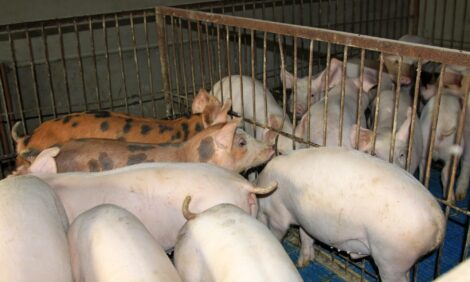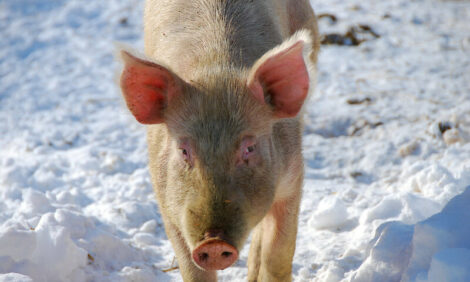



Stricter Transport Rules Equal More Expensive Meat
EU - The European Commission has admitted proposals to reduce livestock journey times and stocking densities may lead to a “slight increase“ in meat prices for consumers.But according to Italian hauliers the increase will be more than slight. They say if the new rules are introduced it will cost them an extra £35m a year, an increase that ultimately will have to be met by shoppers.
Many member countries, including the United Kingdom, are arguing that animal welfare could be better served by enforcing the existing regulations across Europe.
And farming organisations in Spain have say that more important than length of journey time is good animal management when loading and unloading, and in supplying water. And they say any reduction in density will simply mean wasted fuel.
The draft proposals from the European Commission health and consumer directorate are currently being considered by the rest of the Commission and final proposals are expected later this spring. The draft proposals say:
- Maximum pig transport time without unloading should be cut from 24 hours to nine hours.
- Journeys for animals not intended for slaughter should be limited to 20 hours, with the option of further transport after at least nine hours of rest, with feed and water, at a designated control post.
The new rules, if implemented, will align animal travelling times with social legislation on maximum driving hours for drivers. It is thought by the European Commission health and consumer directorate that this will ensure better enforcement.
The proposed new rules will prove controversial proposals as those who travel with breeding stock from Britain claim it is preferable to leave animals on the lorry, rather than unsettle them by offloading.
Brussels has long been keen on a compulsory satellite navigation system to keep track of animals in transit and a legal basis for introducing such a scheme has been included in the draft proposals.
As research shows it is sometimes more stressful to unload animals than to let them travel uninterrupted to the final destination, the draft text of the new proposals includes a derogation which would allow journey times to be extended by up to two hours, if by so doing the final destination could be reached.
A derogation is also proposed for the nine-hour limit in peripheral areas, on condition there are no more than two slaughterhouses within 340 miles from the place of departure.
Nearly 60m farm animals were transported across the European Union in 2007, of which 31 per cent were destined for slaughter.






